SYNAPSES Evaluated Resources
On this page you can find all resources that have been identified and evaluated by the SYNAPSES consortium. Are you looking for resources specifically for you? Use the filtering system on the left.
For a description of the Aims and Learning Outomes (LO) refer to this page.
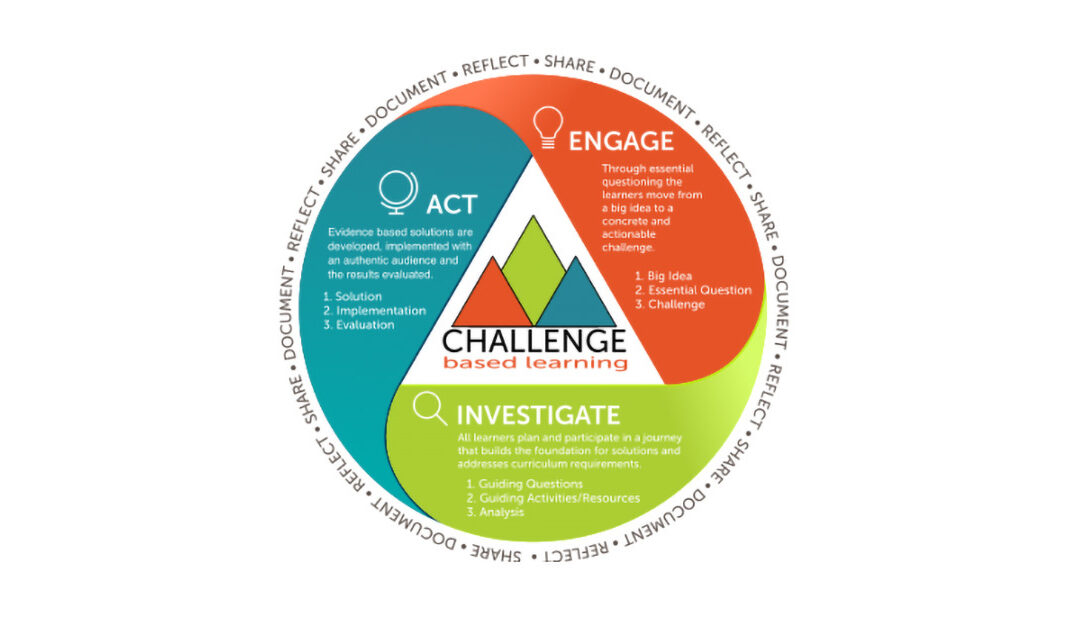
Challenge Based Learning Guide and Toolkit
This Guide to Challenge Based Learning and online toolkit are designed to introduce educators to this student-centred approach to learning in a real world, interdisciplinary way.
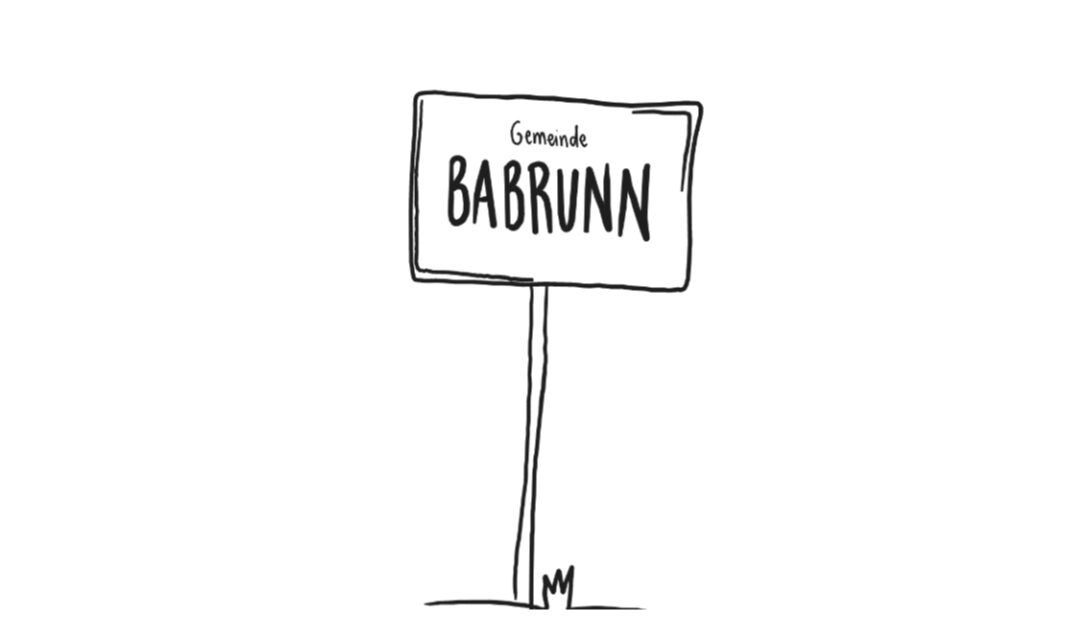
Babrunn’s Future: Sustainability in Action
The “Babrunn” resource is a role-playing game where students debate the construction of a water park, balancing environmental, economic, and social factors. It fosters critical thinking, collaboration, and sustainability awareness, allowing students to explore real-world challenges in community planning and democratic decision-making.
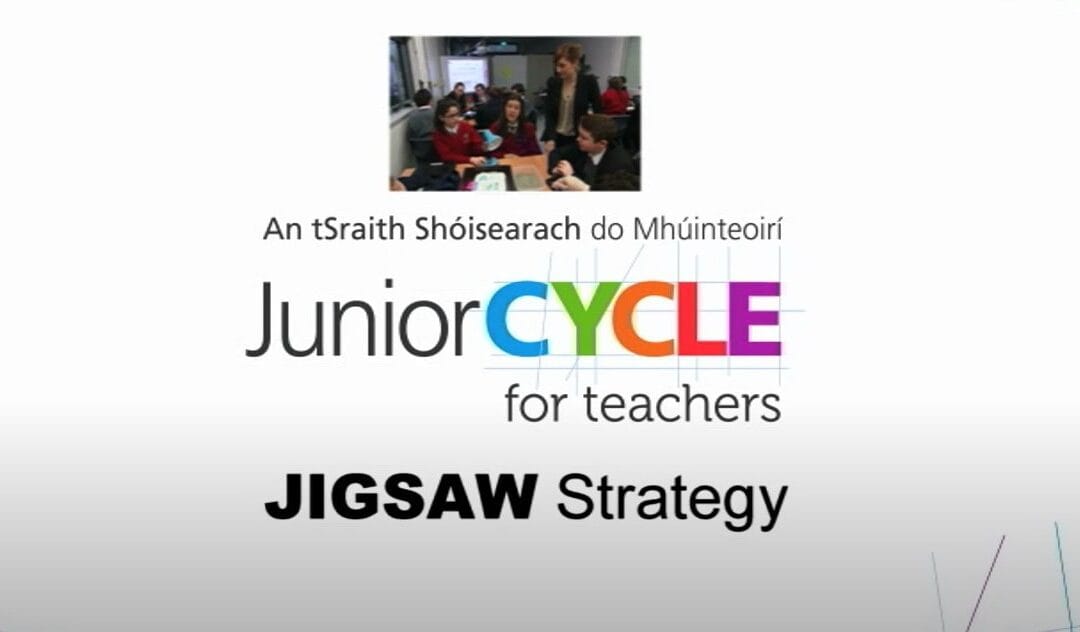
Active Classroom Strategies
The Active Classroom Strategies presented by the Junior Cycle for Teachers service in Ireland are student-centred active teaching methodologies designed to support the development of key skills and competencies in students such as ‘Managing Information & Thinking’ and ‘Working with Others’.
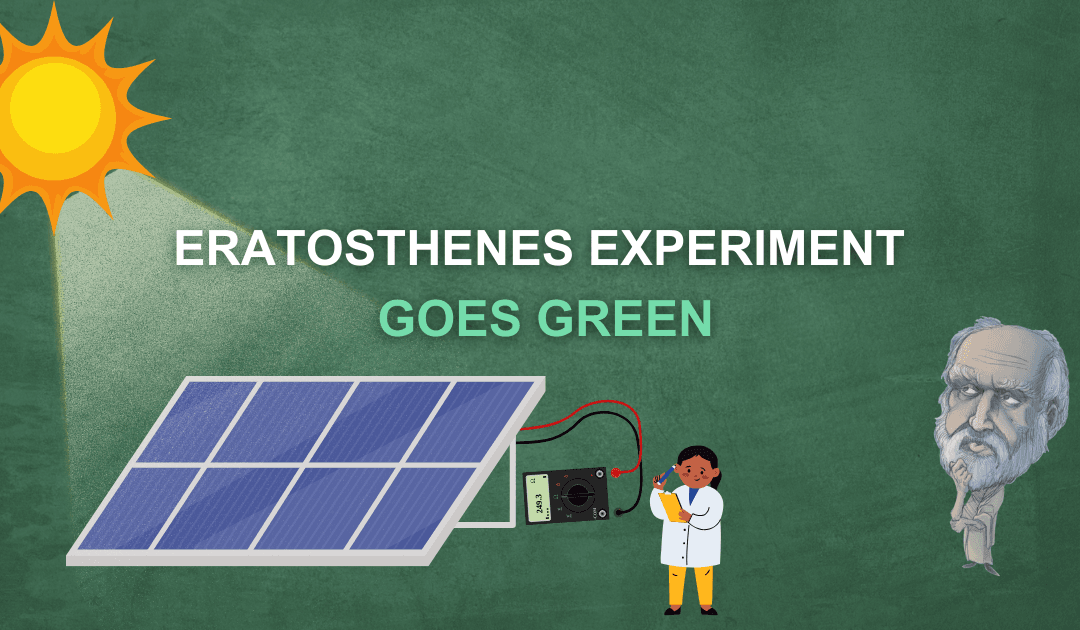
Eratosthenes Goes Green
A hands-on activity where students use solar panels to replicate Eratosthenes’ method of measuring the Earth’s circumference while exploring solar energy efficiency, geography, and sustainability.
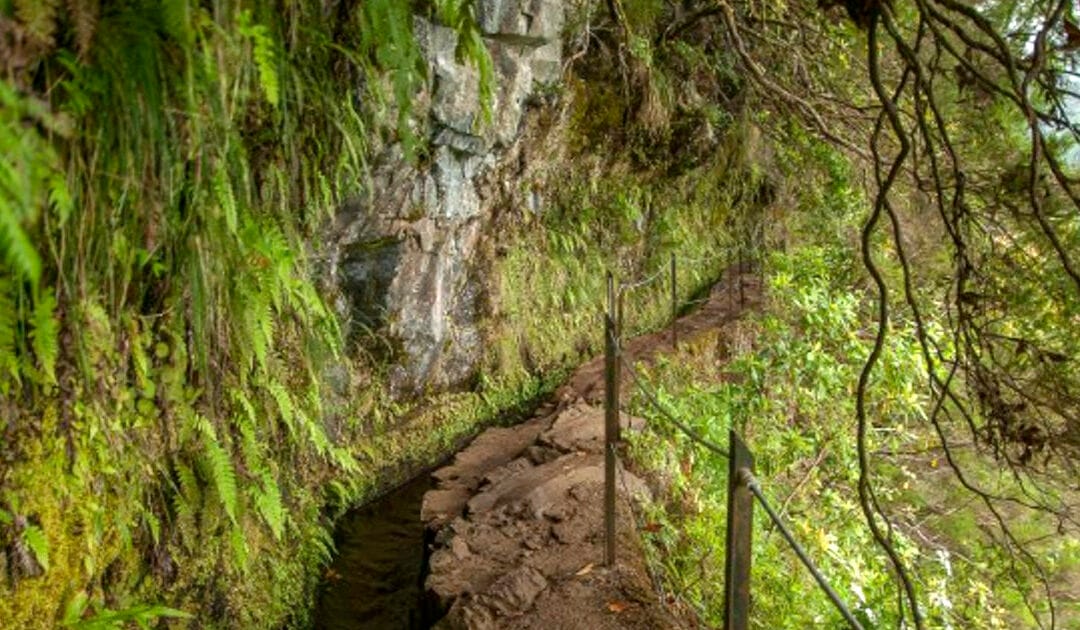
Creating a Science Trail
Science Trails are student-designed paths with stops that raise awareness on community-relevant topics. Teachers guide students in integrating subjects, exploring surroundings, engaging stakeholders, and creating stations that highlight the community’s uniqueness.
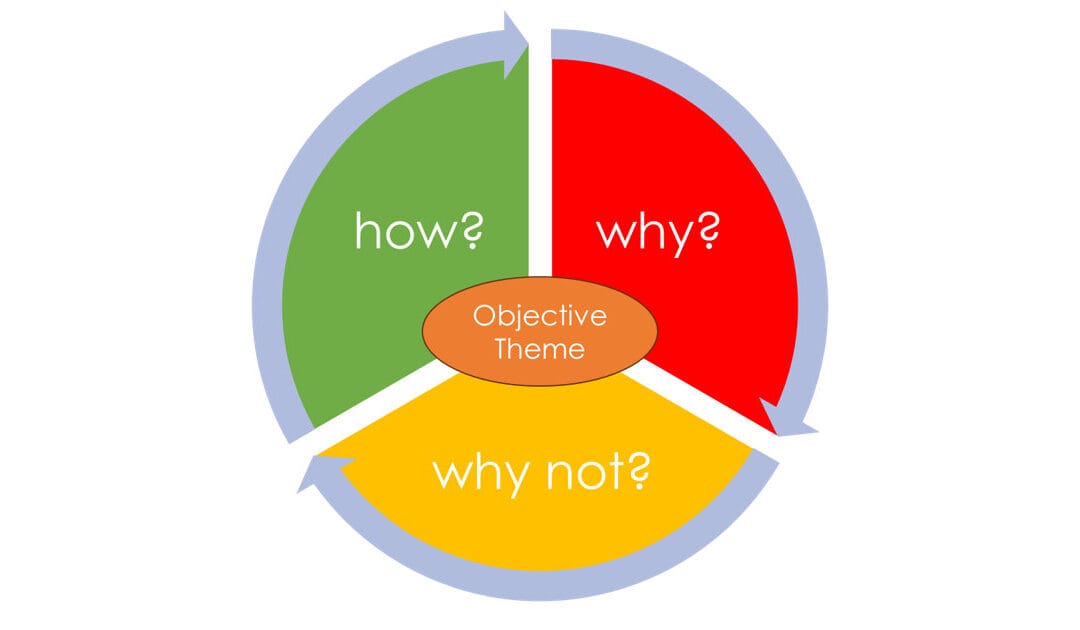
World Café – How to and Implementation Example
This self-learning guide introduces the World Café method for fostering participatory discussions in education. It provides structured steps, materials, and moderation tips for implementing classroom creativity. Teachers gain insights into facilitating knowledge exchange, promoting critical thinking, and designing interactive lessons. Printable resources support direct application in training and teaching contexts.
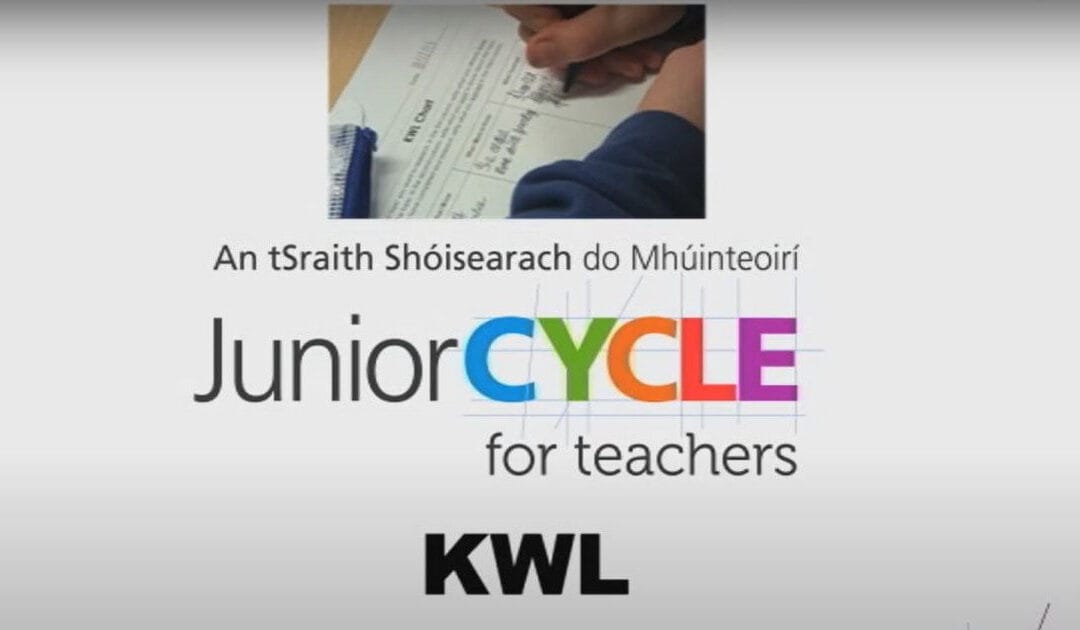
KWL Chart – Active Methodology
This active teaching method allows students to express what they Know (K), Want to Know (W) and what they have Learned (L) from a lesson. By being aware of students’ interests and prior knowledge, the teacher can create projects and assignments that are both challenging and enjoyable for the students.
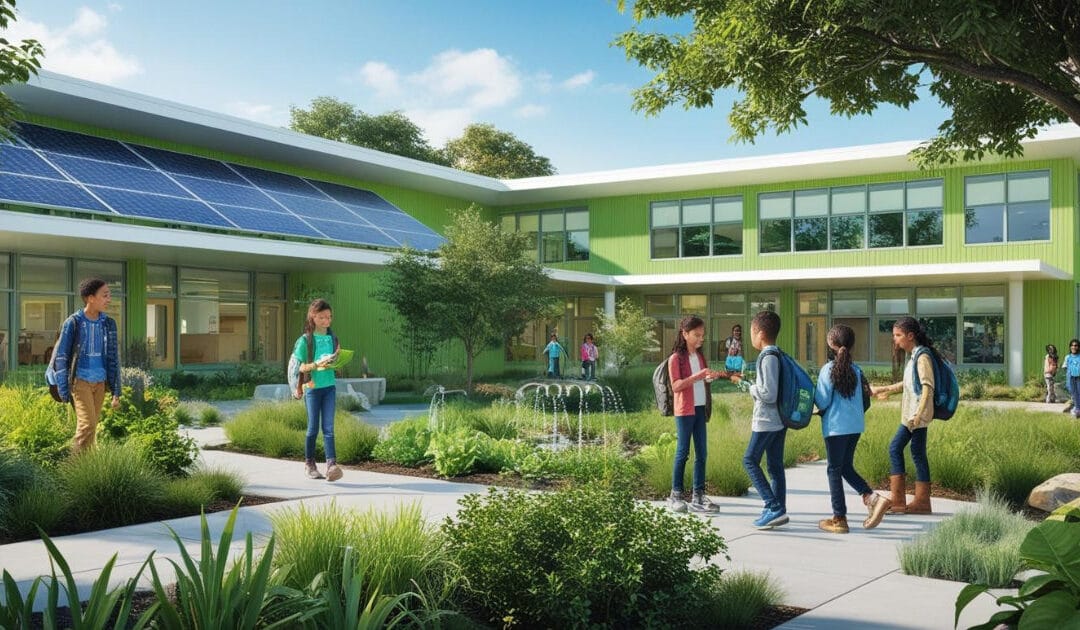
Step-by-step Toolkit to Establish a Sustainability Strategy
This is a toolkit designed to support secondary schools in developing a whole-school sustainability strategy, using a collaborative, participatory approach that includes stakeholder mapping, impact assessment, goal setting, action planning, and monitoring.
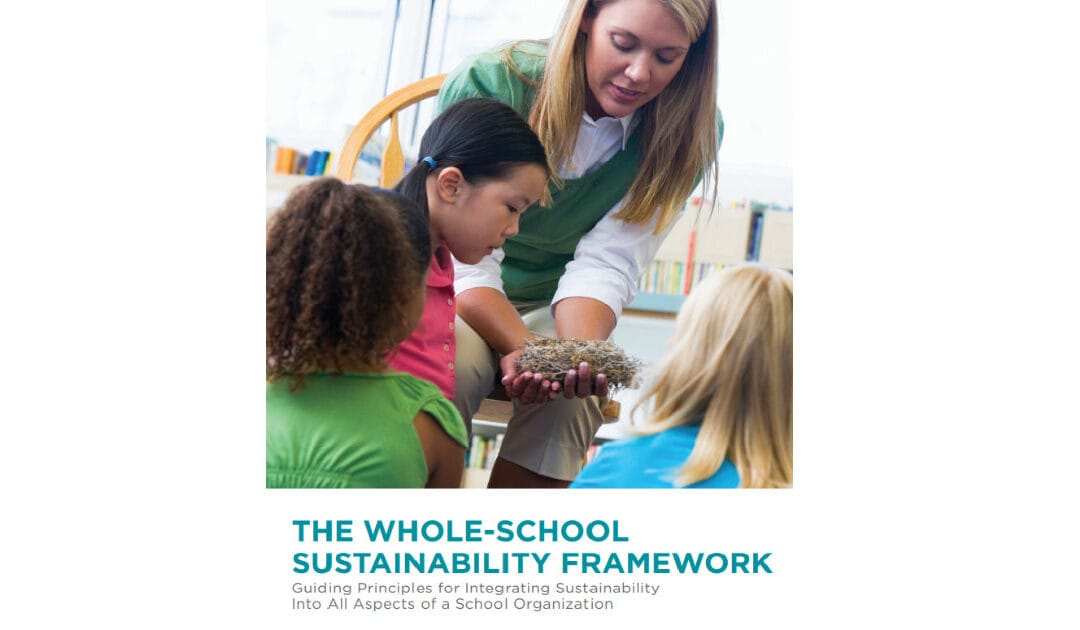
Whole-School Sustainability Framework
This is a framework for embedding sustainability throughout school operations, teaching, and culture. It outlines a vision for whole-school transformation through leadership, systems thinking and shared values.
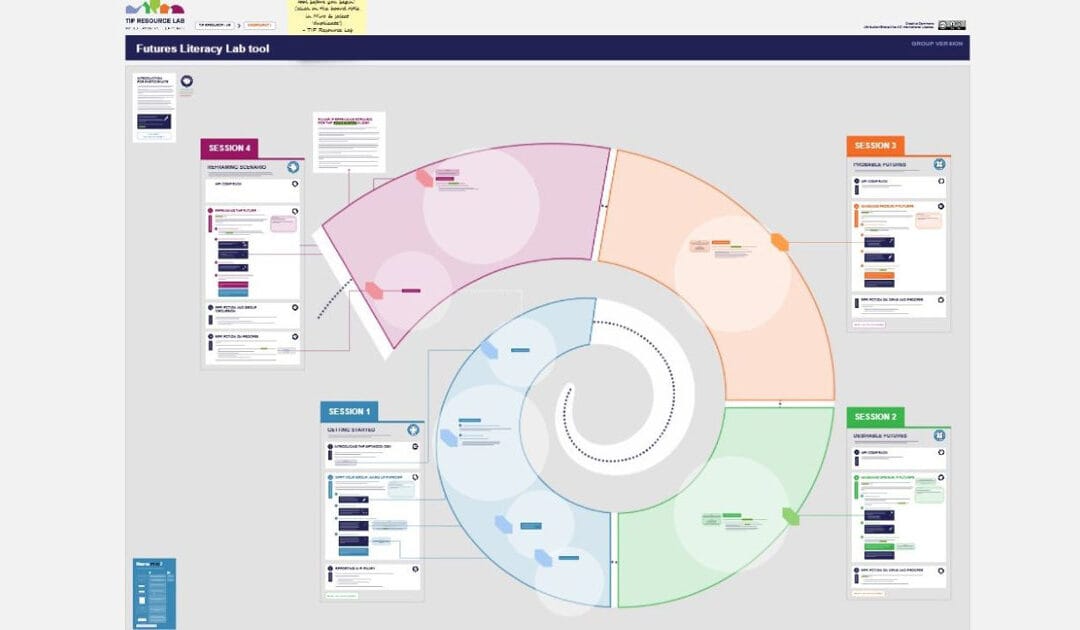
Futures Literacy Lab
This tool guides participants through a Futures Literacy Lab, a practical method to help us reveal, reframe and rethink our assumptions to imagine the future.
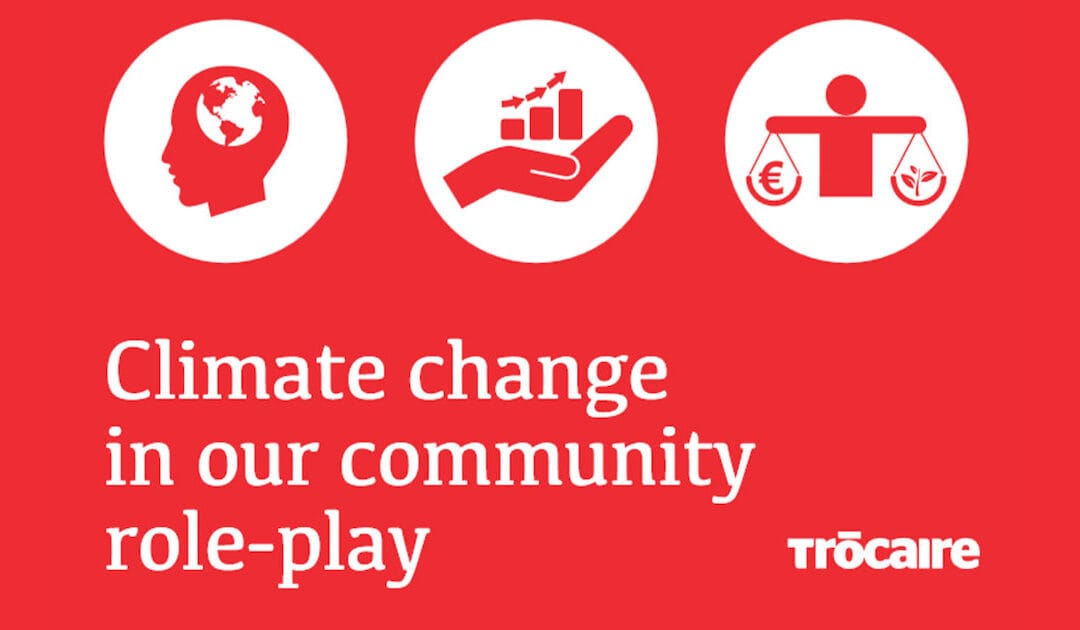
Oil or the environment? A role-play on the climate change debate
The resource introduces role-play as a teaching method, fostering social skills, critical thinking, and decision-making. It engages students in debating environmental and economic trade-offs through a simulated oil extraction dilemma. The activity develops awareness of climate change, power dynamics, and sustainability challenges in a hands-on learning experience.

